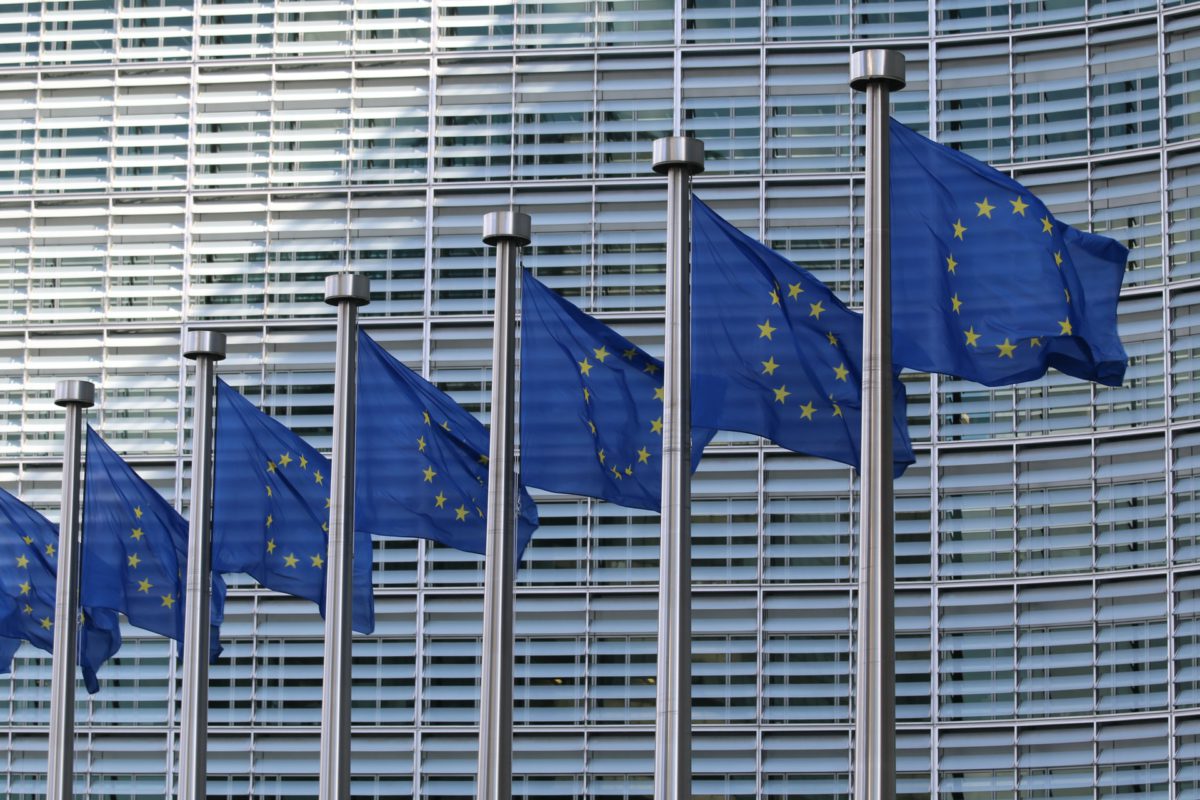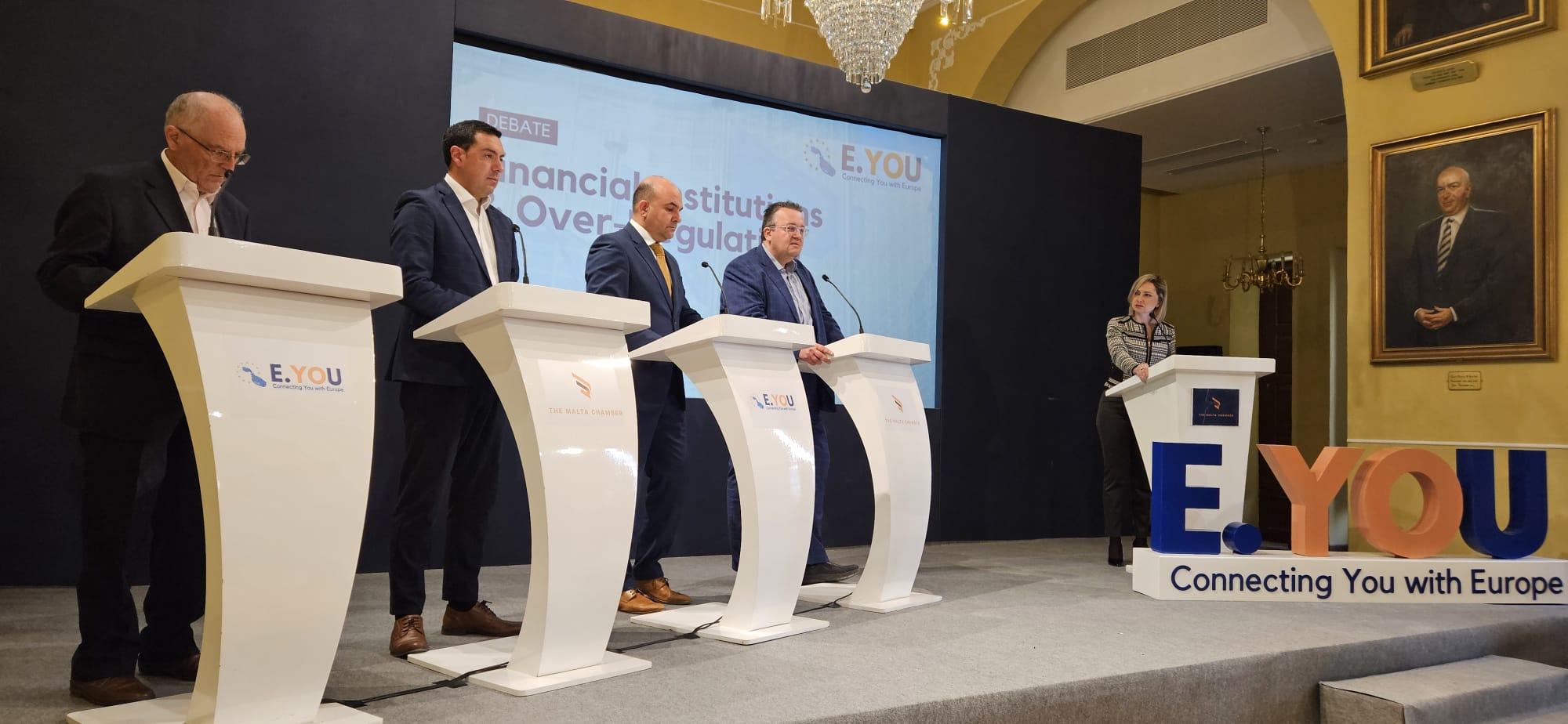On Monday 19th September,the European Commission announced a new proposal for a Single
Market Emergency Instrument (SMEI) intended to provide a structured response to disruptions to the free movement of people, goods and services across the EU’s economic bloc in times of crisis, as was seen throughout the pandemic.
The instrument builds on lessons learnt from the pandemic and creates a framework that enhances the Single Market’s resilience through appropriate and necessary crisis preparedness and crisis management actions to guarantee its smooth functioning in times of crises.
This way, the SMEI will strive to avoid barriers to free movement of persons, goods, and services in the European Single Market and especially the disruption of supply chains.
Background:
In recent crises, such as the war in Ukraine and particularly in the early days of the COVID-19 pandemic, businesses and citizens suffered from entry restrictions, supply disruptions and a lack of predictability of rules which fragmented the Single Market. Intra-EU export restrictions and travel limitations, adopted in response to the pandemic, but in many cases poorly designed and justified for that purpose, disrupted the free circulation of goods, services and persons, causing economic costs, delays and hampering the overall crisis response.

The SMEI package presented on Monday follows calls by the European Council, which in its Council Conclusions of 1-2 October 2020 stated that the EU should draw the lessons from the COVID-19 pandemic and address remaining fragmentation, barriers and weaknesses of the Single Market in facing emergency situations.
Indeed, the different travel rules across the EU throughout the pandemic, widespread slowdowns in major ports and transportation hubs due to fragmented pandemic response rules led to devastating economic costs. Therefore, SMEI proposed on Monday by the Commission is an attempt to learn from such challenges and avoid repeating the same outcome in future crises.
So, how will this work?
The SMEI establishes a crisis management framework to identify different threats to the Single Market and ensure its smooth functioning by:
- Creating a crisis governance architecture for the Single Market: A new mechanism to monitor the Single Market, identify different levels of risk and coordinate an appropriate response comprising several stages – contingency, vigilance and emergency modes. First, the contingency planning framework enables the Commission and Member States to set up a coordination and communication network to increase preparedness. Subsequently, when a threat to the Single Market has been identified, the Commission can activate the vigilance mode. Finally, in case of a crisis with a wide-ranging impact on the Single Market, the Council can activate the emergency mode. An advisory group, comprised of the Commission and Member States, will be established to assess a given situation and recommend the most suitable response measures. It will play an essential role throughout the whole process.
- Proposing new actions to address threats to the Single Market: In vigilance mode, the Member States in cooperation with the Commission would focus on monitoring supply chains of identified, strategically important goods and services as well as on building up strategic reserves in these areas. When the emergency mode has been activated, free movement in the Single Market will be upheld through a blacklist of prohibited restrictions and, more generally, through reinforced and rapid scrutiny of unilateral restrictions. The Commission may also recommend Member States to ensure the availability of crisis-relevant goods by facilitating the expansion or repurposing of production lines or accelerating permitting. Finally, it may also recommend Member States to distribute the strategic reserves built during the vigilance phase in a targeted manner. New rules will also apply to facilitate public procurement of relevant goods and services by the Commission on behalf of the Member States both in vigilance and in emergency modes.
- Allowing last-resort measures in an emergency: Under extraordinary circumstances, and only when the emergency mode has already been activated, the Commission may also make use of tools which will require a separate activation step. In this case, the Commission may issue targeted information requests to economic operators, which can be made binding. It may also ask them to accept priority rated orders for crisis-relevant products, in response to which firms must either comply or explain the grave reasons justifying refusal. Furthermore, the accelerated placing on the market of certain products through quicker testing and accreditation, including through conformity assessment, will ensure their availability during emergencies. Rules permitting such derogations are laid down in separate proposals for a Regulation and a Directive amending a number of product-specific regulatory regimes, which accompany the SMEI Regulation.
The Malta Business Bureau reacts

The Malta Business Bureau, which acts as the EU-business advisory office of The Malta Chamber and The Malta Hotels and Restaurants Association, expressed support for the Commission’s effort at securing a properly functioning single market in times of crises, “if this is done under well-defined criteria that would trigger crisis-mitigating measures”.
“It is crucial that the scope of SMEI is narrow and targeted in ensuring that in crisis situations the imposed emergency controls are timely and information is easily accessible to businesses and citizens alike. It must be clear that the imposition of this definite response framework needs to be imposed only during extraordinary circumstances and that the definition of what constitutes this must be clear and homogenously agreed on.
Commenting on the development, MBB President Alison Mizzi said:
“Although we support an overarching crisis response framework this needs to subscribe to the principle of proportionality and avoids the imposition of excessive market monitoring. The Commission should only be required to obtain commercially sensitive information from businesses through a common agreed framework where an emergency mode has been activated. Companies must also be guaranteed that any information provided is protected.”
In its first reaction, the MBB therefore believes that companies may benefit from the SMEI instrument through better foresight and planning for emergencies, less trade restrictions, less delays in production and lower prices of inputs as well as more legal certainty and predictability.
Moving forward, the MBB will be analysing the proposed SMEI in more detail and will strive to ensure that it is aligned with the Maltese businesses’ interests. To this end, it shall continue following the developments in the European Parliament and the EU Council in the coming months where EU negotiations on the SMEI proposal will follow.
Valletta ranks 8th most expensive European capital city to live in – study
While London is the most expensive, Bucharest is the most affordable
KM Malta Airlines cancels flights between Malta and Paris on Thursday due to air traffic control strike
Impacted customers can opt for an alternative flight or apply for a full refund
WATCH: MEPs in dialogue – Financial institutions and over-regulation
This is the third in a series of debates designed to engage citizens in the lead-up to the MEP elections ...






